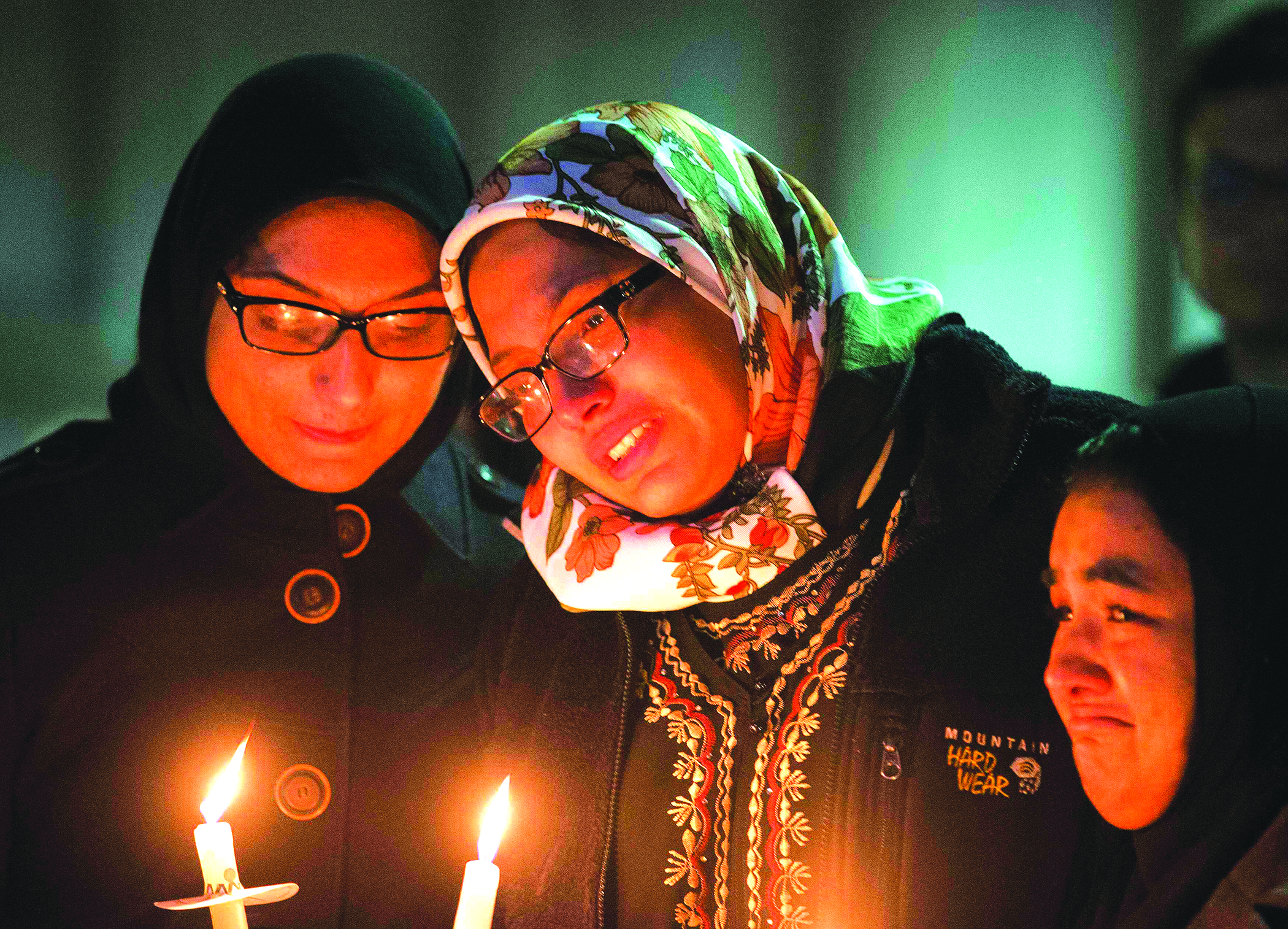Malaysian Government Bans Books by John Esposito, Karen Armstrong, Bobby Sayyid and Others
By Farish A. Noor, Muslim Media News Service (MMNS)
Malaysia’s government continues to ban books on Islam and Muslim affairs, despite talk of creating the co-called K-economy (Knowledge-based economy), an open plural society, a literate public, and other such ambitions. The Malaysian state suffers from the classic symptoms of institutional inertia.
The new administration under Prime Minister Badawi speaks of reform, transparency and cultural transformation – yet it has not been able to deliver on any of its promises, including the promise to reform the Malaysian police force. The Malaysian state remains centralist, top-heavy, patronised and led by old school technocrats who are adverse to any kind of change and unable to deal with the realities of the present day.
Hence the obsession to control almost every aspect of Malaysian social and cultural life, from policing young couples who court and kiss in public gardens to controlling what the Malaysian public reads and how they educate themselves. Year by year the list of books that are banned by the officials of the Ministry of Home Affairs grows ever longer. Most of these books were banned on the basis that they constitute a ‘threat’ to public safety, national security or communal harmony. That such vague reasons can be offered in the first place for the banning of books speaks volumes (excuse the pun) about the Malaysian state’s distaste for independent critical thought.
Judging by the titles that have recently been banned by the Ministry, it would appear that little has changed under the current administration of Prime Minister Badawi. Among the authors whose works have been banned for the sake of national security and harmony are Karen Armstrong and John Esposito; two well-known Western authors whose writings on Islam have done more to educate the global public about Islam and Muslim affairs than, say, the prattle of the likes of Osama ben Laden – who can hardly be regarded as the ambassador of Muslims worldwide. It is doubly ironic that while Armstrong and Esposito have been banned in Malaysia their works are read and taken seriously in other Muslim countries like Pakistan, Egypt and Turkey.
Most ironic is the inclusion into the list of banned books the work of Bobby Salman Sayyid, entilted ‘The Fundamental Fear: Eurocentrism and the Rise of Islamism’. Among the works that have been recently banned, Bobby Sayyid’s stands out as the one that is most supportive and understanding of the Islamist cause, and which offers the most objective analysis of the failings of Eurocentrism and the related rise of Islamism in many Muslim countries today. Far from belittling Islam in any way, Sayyid posits the idea (deemed apologetic and even dangerous by some Neo-Cons in the West today) that Islam can and does have the potential to become a counter-hegemonic discourse of emancipation and resistance in the age of globalisation we live in. Its transformative potential lies in the fact that as a result of having been located to the exterior of the project of secular modernity (by Orientalists and Eurocentric intellectuals alike) it presents itself as a radical alternative that has not somehow been contaminated by the vices and faults of the secular modernist project.
Ironically Sayyid’s presentation of Islamism as a counter-hegemonic discursive force has, in a sense, been exemplified by the Malaysian government’s own political and economic initiatives over the past few decades, with both the former and current Prime Ministers trying to rally Muslim support for projects such as the global Muslim currency and a global Muslim market: all for the sake of creating a parallel or alternative mode of globalisation that is driven not primarily by Capital but rather by a common ummatic ambition. Taking a page out of Sayyid’s work the Malaysian government’s own approach to the question of political Islam – that is to instrumentalise Islam in such a way that co-opts it as part of the institutional and discursive structure of the state – prevents precisely the failure of other secularising regimes such as Mustafa Kemal Ataturk’s, which Sayyid analyses in detail in his work.
Despite all these recommendations that have gone into Sayyid’s work – which is now being studied by intellectuals in Indonesia closely, the Malaysian government has chosen to ban the book instead. There has been no public debate, no explanation offered and no attempts to engage with the public. If this is meant to be the new face of Malaysia’s ‘Islam Hadari’ (Civilisational Islam) in action, one can only wonder how long the facade can be propped up before it collapses. Censorship is censorship, no matter how it is described and how it is rationalised. If there is ever going to be such a thing as a civilisational Islam at all, it has to at least begin on civilised premises: One of which has to be the freedom to think aloud and to discuss ideas, no matter how complex and problematic they may seem at first.
8-29












2006
2,307 views
views
0
comments